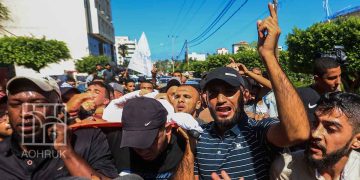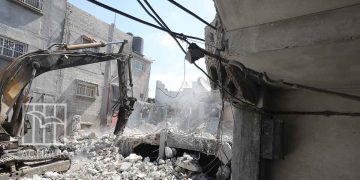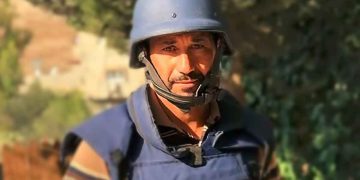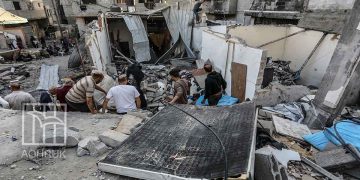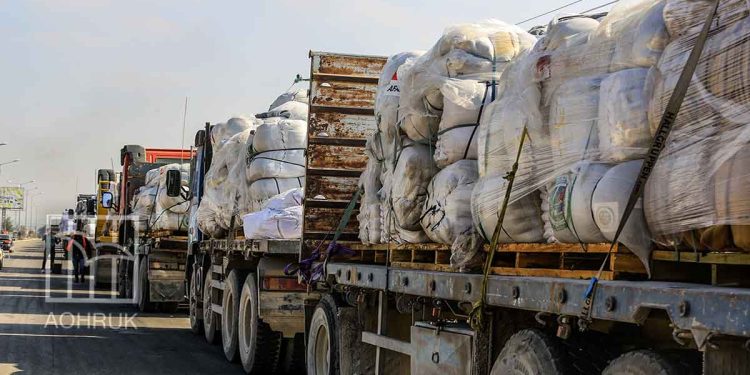In a blatant violation of the ceasefire agreement and in grave breach of international humanitarian law, the Israeli occupation authorities announced on Saturday evening that the Rafah Crossing would remain closed “until further notice.”
The Rafah Crossing, which was reopened last Wednesday under the first phase of the ceasefire framework agreed on 10 October, was meant to facilitate the entry of humanitarian aid and the evacuation of the wounded from the Gaza Strip. The new Israeli decision to keep it shut deepens the already catastrophic humanitarian situation in the besieged enclave.
The closure represents a flagrant breach of the Fourth Geneva Convention, which obliges the occupying power to allow the passage of humanitarian assistance and to ensure the protection of civilians in areas of conflict.
Rafah remains the only land crossing not under the direct control of the occupation. Its closure exposes a deliberate policy to tighten the siege and collectively punish the civilian population, depriving them of essential supplies — an act that constitutes a war crime and, under the Rome Statute of the International Criminal Court, amounts to the crime of collective punishment.
The last ceasefire, brokered between Palestinian resistance factions and the Israeli occupation on 9 October under a US-Qatari-Egyptian initiative, was supposed to halt military operations. However, hostilities resumed after only a few days. Since 7 October 2023, the ongoing Israeli assault has resulted in the killing of more than 68,116 Palestinians and the injury of over 170,000 others, in addition to the destruction of vast parts of Gaza’s civilian infrastructure.
Throughout this assault, international and human rights organisations have documented numerous Israeli violations that may amount to genocide, including the targeting of civilians, hospitals, residential buildings, and water infrastructure. The continuing blockade has driven the Gaza Strip to near-total collapse of its basic services.
Despite the declared truce, the ongoing closure of Rafah underscores the occupation’s continued treatment of Gaza’s population as an enemy collective rather than as protected civilians under international law. The protracted siege and systematic deprivation of essential needs amount to an extended crime of genocide and persecution — one that demands urgent international legal action to halt it and hold those responsible accountable.


